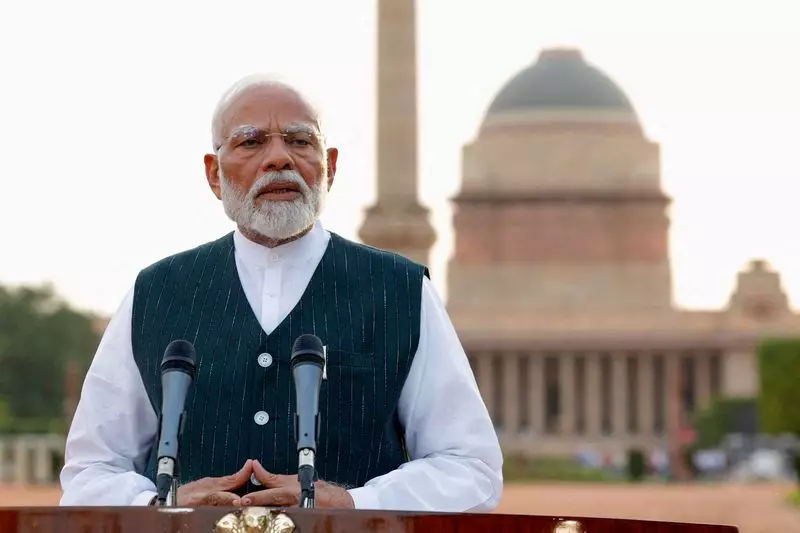Indian Prime Minister Narendra Modi’s upcoming visit to Ukraine has sparked controversy and raised eyebrows in the international community. This visit comes at a critical time, as Russia continues its war with Ukraine and faces sanctions from Western countries. Modi’s visit will mark his first time in Ukraine since the conflict began, and it follows a recent meeting with Russian President Vladimir Putin in Moscow.
The news of Modi’s planned visit has drawn mixed reactions from various quarters. Ukraine’s President Volodymyr Zelenskiy expressed disappointment and criticized Modi for meeting with Putin, whom he referred to as “the world’s most bloody criminal”. This statement has put India in a delicate position, especially as it seeks to balance its relationships with Russia and the West.
The United States has raised concerns over India’s close ties with Russia, particularly in light of the ongoing conflict in Ukraine. As India seeks to strengthen its strategic partnerships, especially as a potential counterweight to China, its relationship with Russia has become a focal point of discussion among global powers.
India finds itself in a diplomatic dilemma as it navigates its relationships with Russia and the West. While condemning the violence in Ukraine, India has refrained from directly blaming Russia and has called for a peaceful resolution through dialogue. Modi’s visit to Ukraine will be closely watched to see how India balances its interests while maintaining its international image.
As the final date of Modi’s visit remains unconfirmed, the controversy surrounding the trip continues to grow. The international community will be closely monitoring Modi’s interactions and statements during his visit to Ukraine, as they could have far-reaching implications for India’s foreign policy and global alliances. The delicate balance between supporting peace efforts and maintaining strategic partnerships will remain a challenge for India in the coming weeks.

